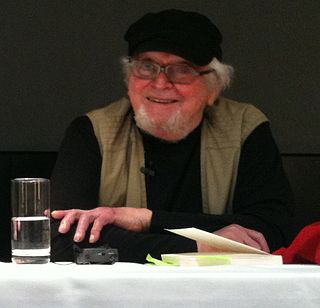A Quote by Liza Campbell
I knew the basic outline of the novel [The Dissemblers] and would write whatever scene of the book I felt particularly excited about at the time.
Related Quotes
When I write a book, I don't have a plan or an outline. The characters move the action, and the action develops the characters. When I write a book, I become an actor, really, taking the role of the person who is speaking or acting at the time, and so their reactions to whatever they see are my reactions.
We knew from the beginning the level of commitment needed. We felt honored to work with Stanley Kubrick. We were going to do what it took to do this picture, whatever time, because I felt - and Nic [Nicole Kidman] did, too - that this was going to be a really special time for us. We knew it would be difficult. But I would have absolutely kicked myself if I hadn`t done this.
have a much harder time writing stories than novels. I need the expansiveness of a novel and the propulsive energy it provides. When I think about scene - and when I teach scene writing - I'm thinking about questions. What questions are raised by a scene? What questions are answered? What questions persist from scene to scene to scene?
The process for writing a picture book is completely different from the process of writing a chapter book or novel. For one thing, most of my picture books rhyme. Also, when I write a picture book I'm always thinking about the role the pictures will play in the telling of the story. It can take me several months to write a picture book, but it takes me several years to write a novel.
What I do usually is read the book first, for pleasure, to see if my brain starts connecting with it, as a movie. And then, if I say yes, I read it again, only this time I take a pen and, inside the book, I say, "Okay, this is a scene. I don't need this. I'm going to try this. I'm not going to take this." And then, I use that book like a bible and each chapter heading, I write a menu of what's in that chapter, in case I ever need to reference it. And then, I start to outline and write it. I get in there and it starts to evolve, based on having re-read it again.

































